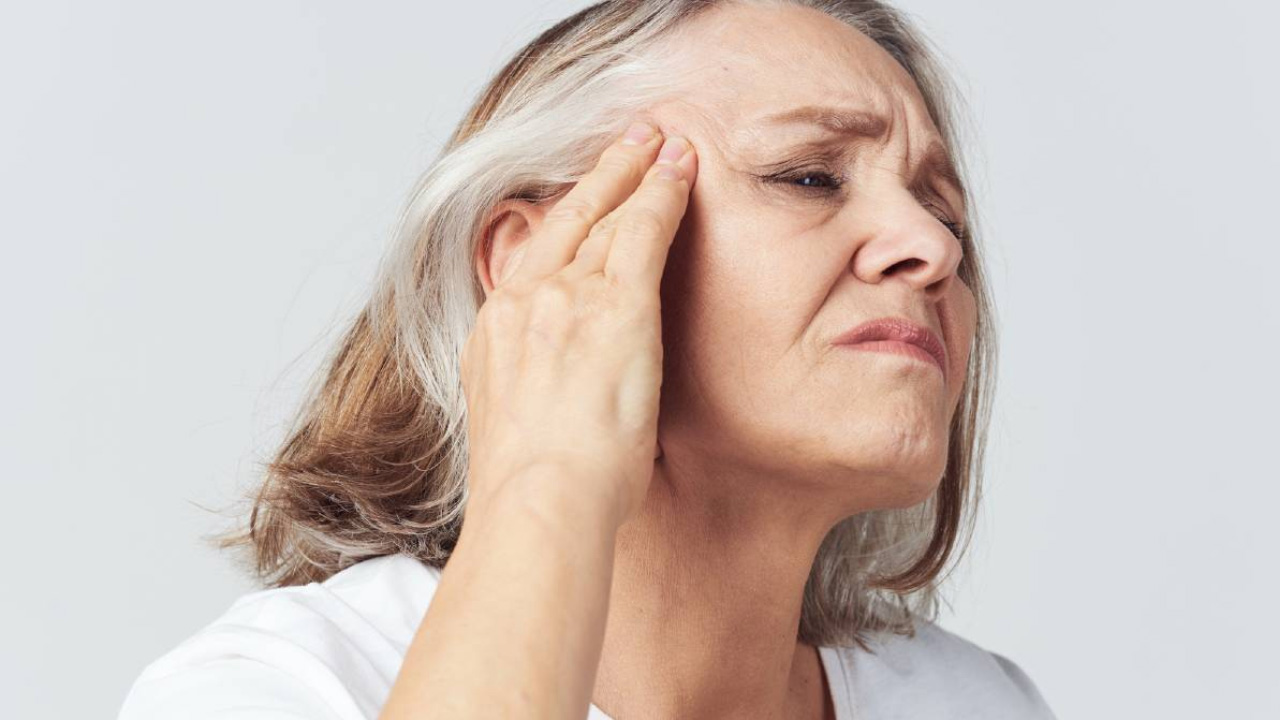Temporal arteritis occurs due to inflammation in your arteries. This usually occurs in the large and medium-sized temporal arteries that run on both sides of your head. This causes a lot of trouble in the nerves of the patient. There is a pain in your face, joints and head.
Causes of Temporal arteritis
It is an autoimmune disease. This means that your immune system mistakenly attacks the healthy tissues of your body. In this, the temporary arteritis cells are attacked by the immune system, which can cause inflammation of the veins. However, it is difficult to tell the exact cause of this disease. Usually this problem can also be caused or aggravated by these reasons.
- Being over 50
- In women
- If someone in the family has this problem
Symptoms of Temporal arteritis
- Fever
- Fatigue
- Pain in your jaw when you chew
- Pain in the face
- Vision problems such as blurred vision, double vision, or sudden loss of vision
- Pain in your shoulders, arms, neck and hips
- Loss of Appetite
- Weight Loss
- Cough and sore throat
- Tongue Pain
If you see such symptoms or problems in the body, do not ignore them and immediately talk to your doctor about them so that they can be cured as soon as possible.
Polymyalgia rheumatica (PMR) is also the cause of temporal arteritis in many people. PMR is caused by inflammation, which can cause stiffness and pain in your joints, arms, neck, and lower back. It can be treated with medicine.
Treatment of Temporal arteritis
Biopsy- In this, the swollen temporal artery in your brain is cut and removed. Apart from this, you may also need to get many types of tests done.
- Blood Test
Your doctor may prescribe a blood test to check for signs of inflammation in your body.
- CT Scan
The doctor may also order X-rays and CT scans to get more information about the condition of the arteries.
- MRI
With the help of MRI, a particular area is detected with the help of powerful magnets and radio waves. When arteries become inflamed, blood cannot flow through them as easily.
Giant cell arteritis can block oxygen from reaching your eyes and this can damage them. You may need to see an eye doctor for this test. To protect your eyesight, your doctor may give you high doses of steroids to reduce the swelling of the arteries, which you may need to eat every day. However, these drugs can make your bones weak, so you should regularly consume calcium and phosphorus-rich foods.
(Disclaimer: The content on this site is for informational purposes only, and should not be taken as professional medical advice. Always seek the guidance of your doctor or other health professionals for any questions you may have regarding your health or a medical condition.)

 If temporal arteritis problem is not diagnosed in time, then it can lead to loss of your eyesight. With the help of medication and proper treatment, serious health problems can be prevented.
If temporal arteritis problem is not diagnosed in time, then it can lead to loss of your eyesight. With the help of medication and proper treatment, serious health problems can be prevented.







.png)
.png)










.jpeg)


.jpeg)



.jpeg)
.jpeg)






.jpeg)





